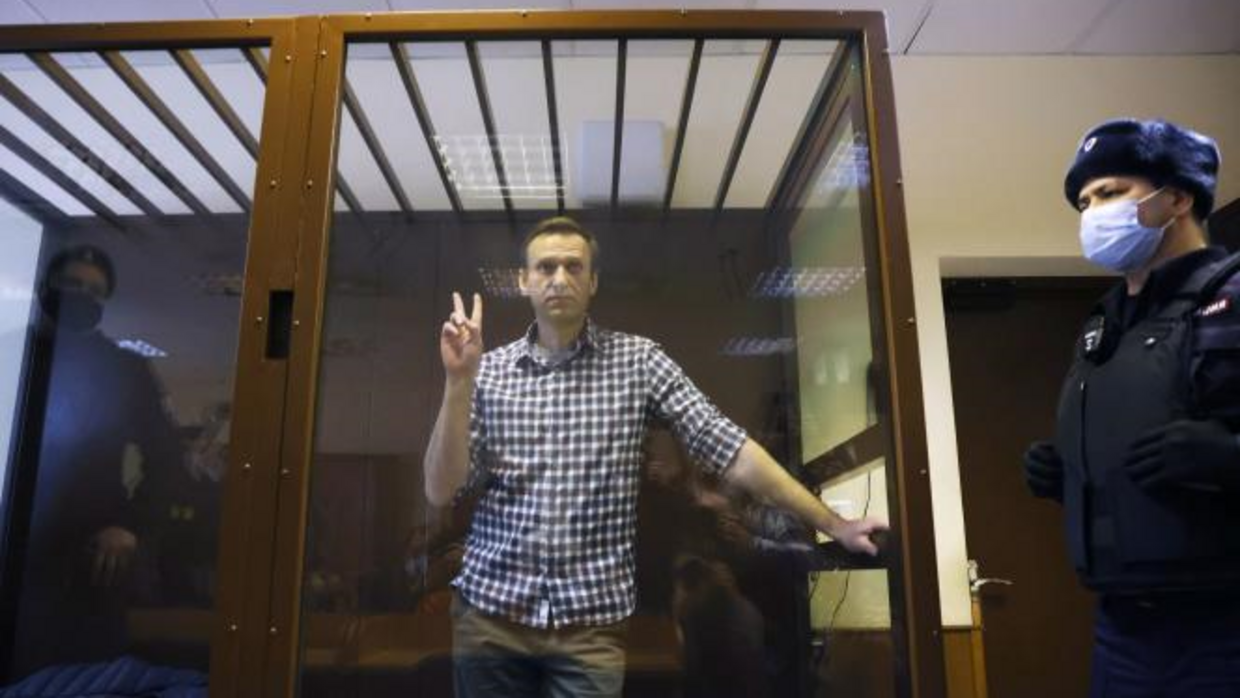
Navalny made the announcement after his personal doctors said in an open letter on Thursday he should "immediately" call off his hunger strike or they will "have no one to treat soon".
"Taking into account the progress and all the circumstances, I am beginning to end my hunger strike," President Vladimir Putin's best-known critic said in an Instagram post.
On Wednesday, thousands of Russians took to the streets in dozens of cities across the country, after the West warned the Kremlin that it would face "consequences" in the event of Navalny's death.
Moscow tonight. Russians have been protesting across the country to show support for Alexei #Navalny. The government considers peaceful protest like this illegal & hundreds have been arrested. Takes great bravery to stand up like this. pic.twitter.com/6cLDlMvInO
— Samantha Power (@SamanthaJPower) April 21, 2021
Critical condition
Navalny announced a hunger strike in his penal colony on 31 March, demanding to see an independent doctor for pain in his back and numbness in his arms and legs.
Last week, Navalny's personal doctors -- who have been unable to examine their patient in the prison -- said the results of his blood test showed he was in critical condition and was at risk of going into cardiac arrest at "any minute."
Navalny said that he was guided in his decision by the recommendation of his doctors, whom he "completely trusts", and the fact that some of his supporters also went on hunger strike in solidarity.
"Friends, my heart is full of love and gratitude for you, but I do not want for anybody to suffer because of me," he said.
- France warns Russia of further EU sanctions if Navalny dies on hunger strike
- EU ministers meet to discuss Navalny crisis, US warns Russia of 'consequences'
Navalny added that he had been twice seen by civilian doctors and is getting medical tests.
He stressed that he still wanted to see an independent doctor, pointing to the numbness in his limbs.
Navalny was arrested when he returned to Russia in January after months recovering in Germany from a Novichok poisoning he blames on the Kremlin -- an accusation Moscow rejects.
He was sentenced to two-and-a-half years over an old fraud conviction and has been serving time in a penal colony about 100 kilometres east of Moscow.







